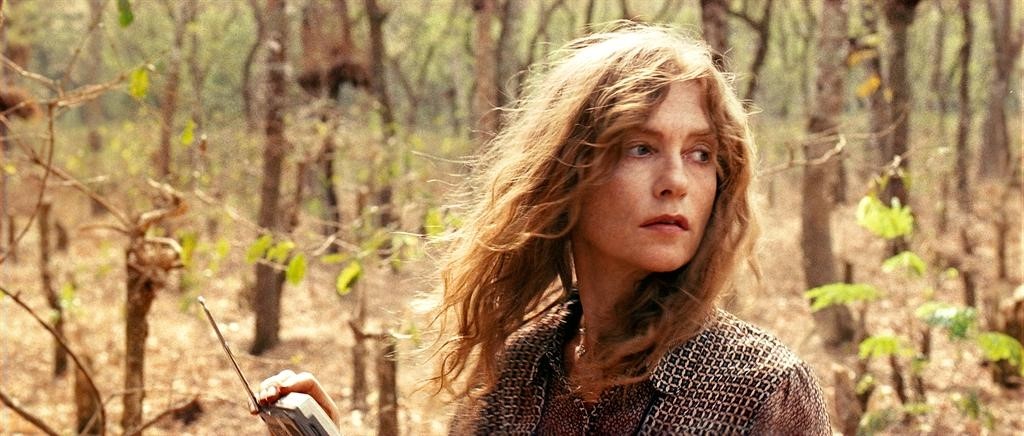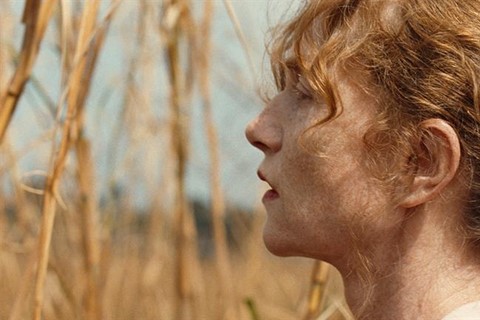Isabelle Huppert is one of the most talented and enigmatic actresses of our era, and has starred in some of the most challenging films made in the last 30 years. Some of her many unforgettable roles include a nymphomaniac nun in Hal Hartley’s
Isabelle Huppert is one of the most talented and enigmatic actresses of our era, and has starred in some of the most challenging films made in the last 30 years. Some of her many unforgettable roles include a nymphomaniac nun in Hal Hartley’s Amateur, a sadomasochistic dominatrix in Michael Haneke’s The Piano Teacher, and a mother who sleeps with her son in Christophe Honoré’s Ma Mère. In Huppert’s latest film, Claire Denis’s forthcoming White Material, we follow her character’s struggle for life as a coffee plantation owner caught in the maelstrom of an unnamed African country’s civil war: a woman who refuses to flee the encroaching bloodbath, no matter what the cost. Early on a warm summer’s morning, she talked to John-Paul Pryor about fragility, hope and the insanity of violent conflict.
Isabelle Huppert: The human being is an enigma. Whoever you meet in life has a social figure and a more hidden person that you don’t know, so my idea of a character is never a one-angled person. I don’t choose films because they are provocative. I like the kind of film that explores the human being in their most complex and ambiguous possibilities, one that attempts to show the truth of what a human being is made of: maybe that choice is a sort of provocation. Of course, the director’s point of view intervenes unconsciously, because you have a certain tune in each film which defines the general feel, and you can’t really go against that: as an actor you measure the temperature of the film and then kind of do your own cooking.
I can understand why my character in White Material is viewed as strong; she is in a power situation – running the plantation, taking decisions and giving orders – but actually she is fragile. I think because I am quite small, Claire Denis could really show this: I mean, my character’s fight is more powerful because she is so small. In the scene when I run through the fields and grab onto a moving bus, I am like a little mosquito or insect trying desperately to exist in this big world. This is how everybody feels: small and fragile in the face of the immensity of the world.
At the core of my character’s behaviour is a very strong feeling of belonging to that country – she's not driven by a sense of property; she’s driven by the sense of belonging. It is really a movie about the notion of territories, but not territories as properties, more as internal spaces. This is where she has to stay – she has made a life there and she is rooted; she doesn't see a reason why she should leave the country because she never has any problems sharing the land. She could be accused of denying what is happening around her, but I don't think she is blind: I think she is happy in this country. She wants to believe there is hope, and that is her strength.
In a more classical scheme this would be a more colonialist story, with the white people on one hand and the black people on the other. But Claire's film is above this: it is beyond the usual antagonisms that are described in this kind of situation, to such a point that my character welcomes a rebel in her house and does not even question whether she finds herself on this side or that side. That's why the movie is so powerful, because it's about the insanity of this kind of conflict, and the insanity of humanity: where we come back to such a primitive behaviour that everybody becomes a murderer.
White Material is released on July 2


